EV rally car completes over 2000-km distance of 2024 AXCR
A future contender
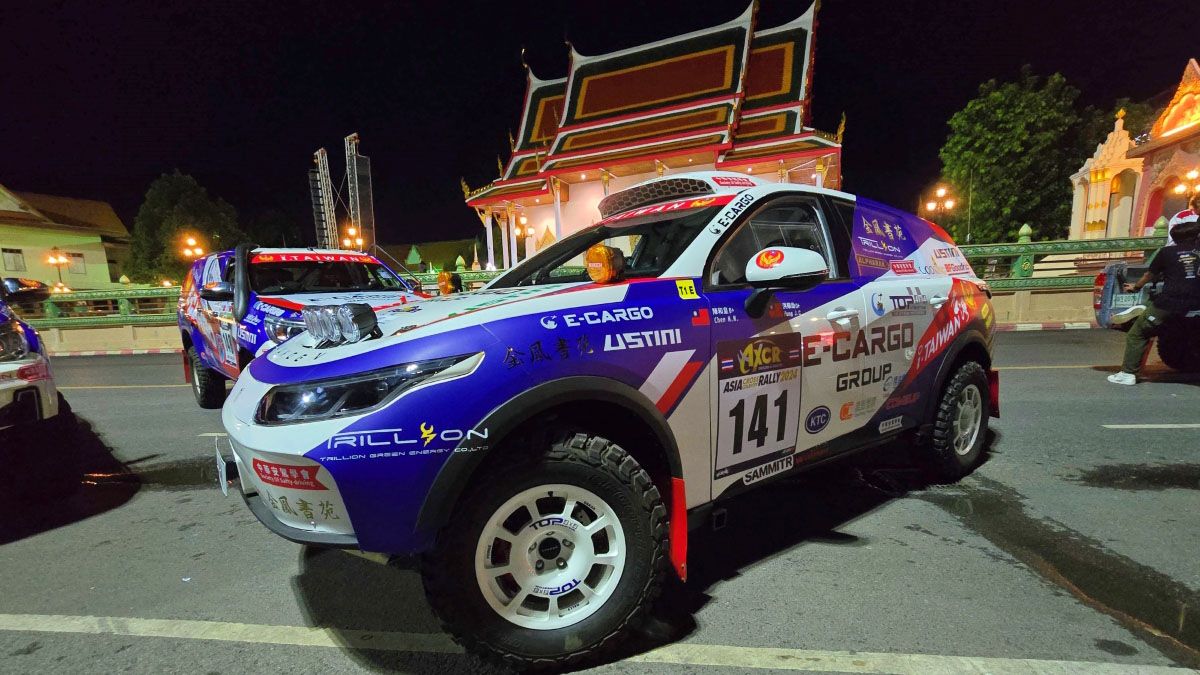
Modern EV’s are not exactly known for their range, yet one brand is trying to prove otherwise by participating in one of the most grueling rallies in Asia.
The Luxgen N7 recently participated in the 2024 Asia Cross Country Rally (AXCR), proving the potential of EVs in challenging automotive competitions. This year's AXCR, Asia's largest rally raid competition, covered over 2,000-kilometers in Thailand.
About Luxgen
The Luxgen N7, a luxury electric SUV, was entered by the i-Taiwan Racing Team alongside two Toyota Hilux pickups. Equipped with a single motor producing 234 Ps and 340 Nm of torque, the N7 featured a strategically placed 60kWh battery pack. Its participation not only tested the vehicle's endurance but also supported a project to train firefighters for disaster relief operations, which was backed by their Fire and Disaster Management Bureau.
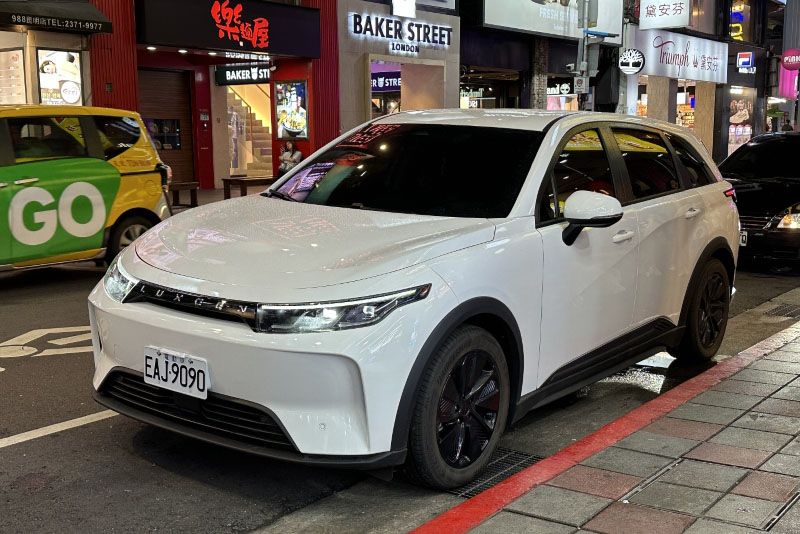
Luxgen, a subsidiary of Yulon Motor, has achieved a defining moment for EVs with the Luxgen N7. It is the first electric vehicle (EV) produced by a local company, the N7 showcases the advancements in electric vehicle technology.
Developed in collaboration with Foxtron, a joint venture between Yulon and Foxconn, the N7 is built on the open-source MIH (Mobility in Harmony) platform, which offers various configurations to accommodate different vehicle types.
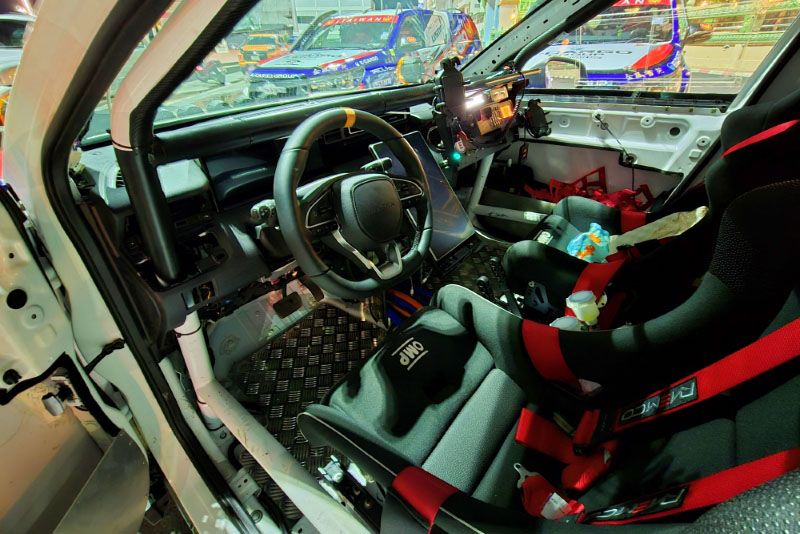
Driving the N7 is renowned rally driver Ho-Huang Chen, also known as Arthur Chen. He has participated six times in the grueling Dakar Rally and has been rallying for 25 years. Co-driving for Chen was Hung Jung-Chu, an active firefighter. Hung brought valuable expertise in managing the safety and technical aspects of running an EV in such a demanding environment. Other members of the i-Taiwan team drove the pickups both as support for the N7 and as active competitors.
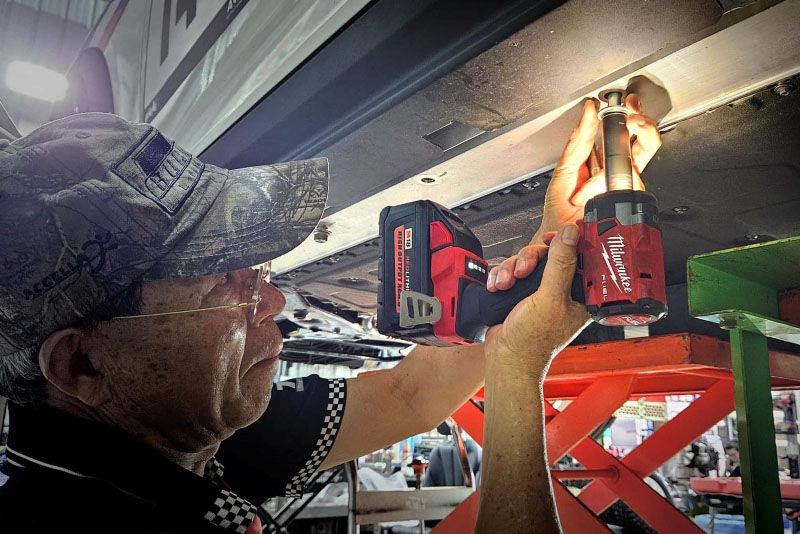
Reflecting on his extensive career and the unique challenges of participating in a rally raid with an EV, Chen acknowledged the historic significance of the event. He stated, "I've been rallying for 25 years, and this is the first time we're making history with an electric vehicle in this kind of event." Chen expressed confidence in the future of EVs in motorsports, citing the success of vehicles like Audi's E-tron in the Dakar Rally as evidence of the technology's rapid progress. He added, "Maybe in another 10 years, you won't see a petrol or diesel engine here. It's the future."
The rally
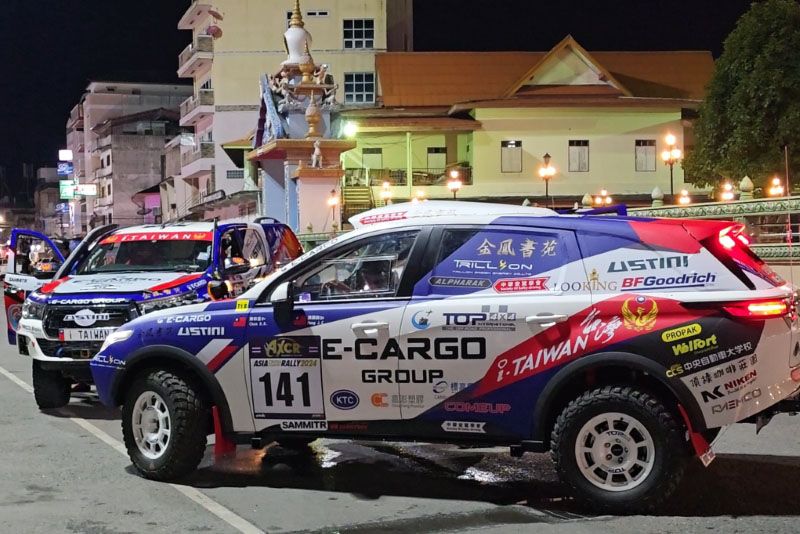
The Luxgen N7 faced several challenges when running an EV in a rally raid environment. The course covered diverse terrains such as jungles, coasts, and mountains, putting the vehicle's durability and range to the test. To prepare the N7 for the rally, significant adjustments were made to the vehicle. Aside from suspension and body modifications, changes included raising the battery pack from its original position under the floor to the rear luggage space for improved protection and weight distribution. The vehicle was also equipped with a roof-mounted air intake and a large air outlet on the tailgate to enhance cooling, crucial for maintaining performance over long distances in harsh conditions.
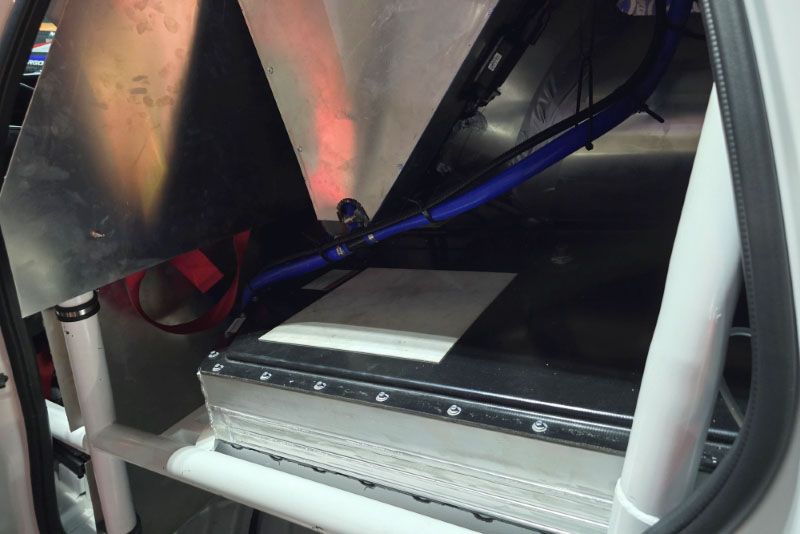
Charging the vehicle throughout the rally was a primary concern for the team. While Thailand's charging infrastructure is relatively well-developed, the team relied on public charging stations along the route instead of bringing a portable charger. A team member reassured, "Most PTT (Petroleum Authority of Thailand) stations have chargers, so there is no problem with charging." However, the charging process proved time-consuming, taking 50 minutes to charge the battery from 10% to 100%. Under rally conditions, the N7's range, officially rated at 425 kilometers per charge, was significantly reduced, sometimes struggling to cover even 200 kilometers on a single charge during competitive stages.
In spite of the challenges faced, the Luxgen N7 successfully completed all six competitive sections of the rally, covering a total distance of over 2,000 kilometers. Given the circumstances, the N7's performance was commendable, achieving 36th place in SS1, 33rd in SS2, 40th in SS3, 33rd in SS4, 37th in SS5, and 37th in SS6. The vehicle did incur penalties for missing checkpoints and experiencing delays, which are common in such demanding events.
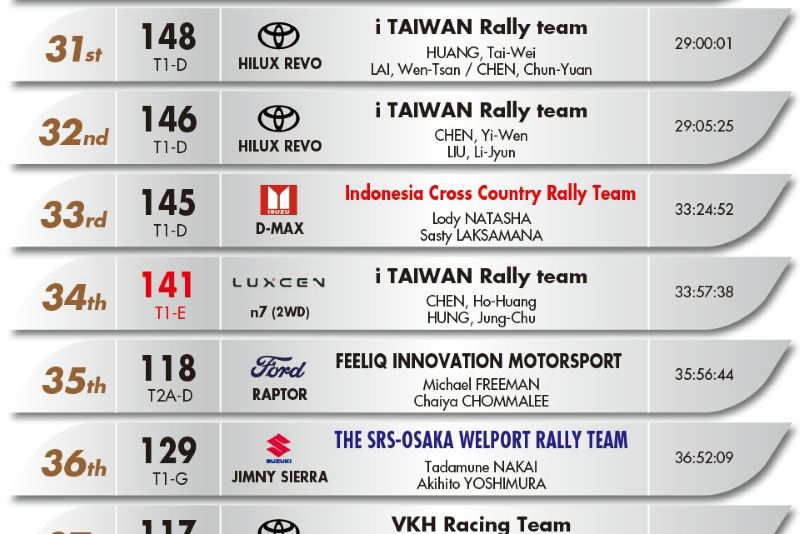
Despite these setbacks, the N7's completion of the rally was a notable achievement, as it was the first fully electric vehicle to participate in the AXCR. Its performance secured a win in the T1E (EV engine) class, and it finished 34th overall out of 46 four-wheeled vehicles.